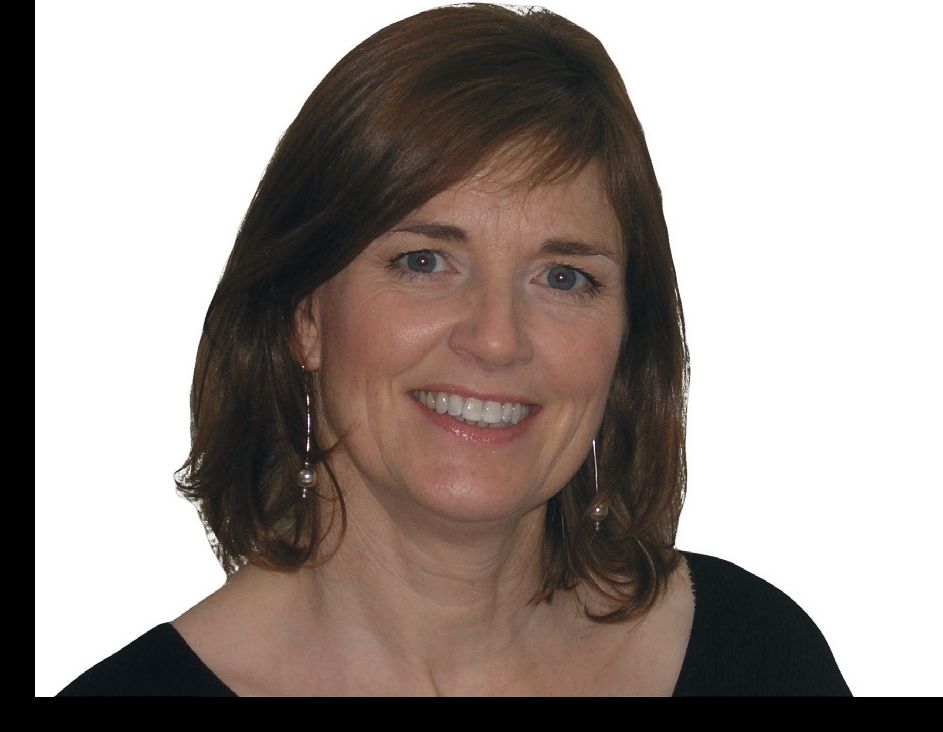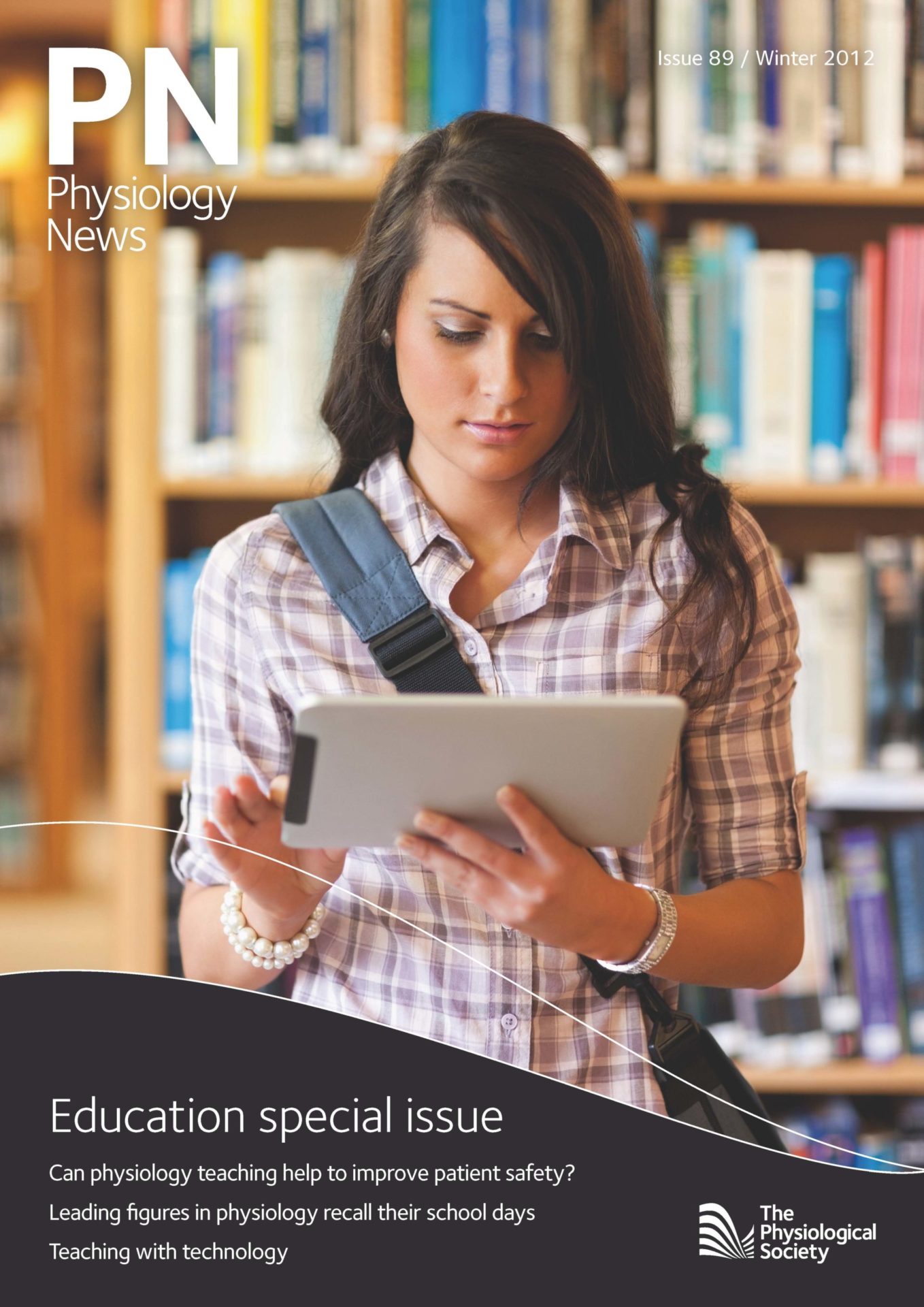
Physiology News Magazine
Editorial
“Education is the most powerful weapon which you can use to change the world.” -Nelson Mandela
News and Views
Editorial
“Education is the most powerful weapon which you can use to change the world.” -Nelson Mandela
News and Views
Sarah Hall
Guest Editor
https://doi.org/10.36866/pn.89.6

This issue of Physiology News focuses on education, which is integral to our discipline. As physiologists, everything we do can be considered to have educational value. We educate ourselves, and others, through our research activities; this enhances and broadens our understanding of physiological function, as well as informing the direction of future research activities. We educate the general public through outreach and engagement, with the aim of improving health awareness, as well as explaining the development and treatment of disease and generating public support for research. Finally, through our teaching and mentoring activities, we build a foundation for the future.
The term ‘physiology’ seems to have fallen from favour in recent times. The general media tend to ignore the ‘physiology’ bit when reporting on the Nobel Prize in Physiology or Medicine, and ‘systems biology’ is a growing area of funded research, while funding for ‘physiology’ stalls. Educating the general public, and fellow scientists, about physiology is essential to improving recognition of our discipline. Explaining what we do and why we do it is integral to preserving the profile of physiology, and maintaining its key role in the health of the population, as well as the economic and scientific health of the country. Eleven per cent of The Society’s annual budget is allocated to education and outreach activities, which include awarding grants for summer vacation studentships and teaching innovation, as well as producing careers information and supporting public engagement events. The Society has recently established the Otto Hutter Physiology Teaching Prize to reward teaching excellence and innovation, we are also encouraging development of teaching through teaching grants and focused meetings, including a teaching workshop during the IUPS meeting next year. In this issue, reports on a number of these activities recognise the educational impact of The Society and the diverse nature of the events we support.
Educating the next generation of physiologists presents significant challenges and several features focus on aspects of undergraduate teaching. Raising the profile of physiology as a degree and as a cornerstone of medicine is a priority for The Society. Eugene Lloyd cites examples from his own experience as a clinician and teacher to argue the case for physiology as an essential component of the medical curriculum. Harry Witchell outlines the rationale for setting standards in assessments; this is a hot topic in medical training, but it is reasonable to anticipate that similar standard-setting criteria could be applied to non-vocational degree schemes in the future. Despite such real challenges, technological advances have opened opportunities for expanding the teaching of physiology into the virtual environment. Neil Morris explains how undergraduate practical classes have been enhanced through the use of interactive tablet devices and social media to support and expand the learning experience. Such developments will ensure that physiology teaching remains vibrant and relevant to students.
So, it is through educating the scientific community, the general public and the next generations of scientists that we will secure the future of our discipline and maintain its contribution to the physical, economic and cultural health of society.
I hope you find this issue thought-provoking and that, maybe, you might even learn something!
